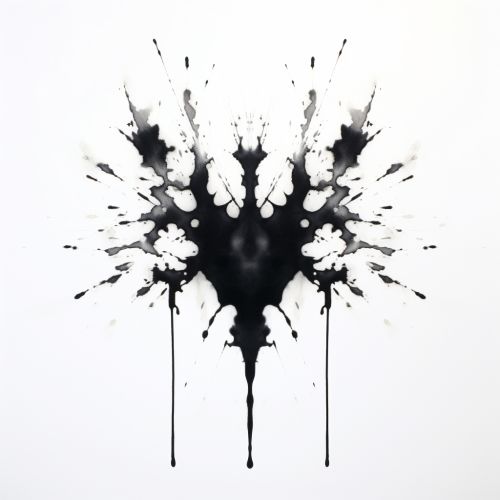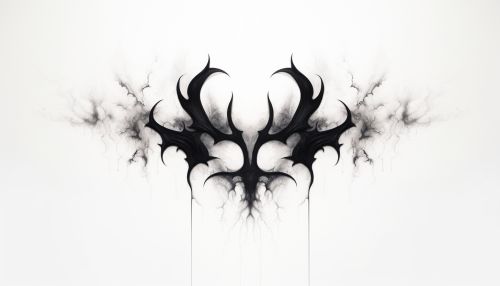Rorschach test
Introduction
The Rorschach test, also known as the Rorschach inkblot test, is a psychological test in which subjects' perceptions of inkblots are recorded and then analyzed using psychological interpretation, complex algorithms, or both. The test is named after its creator, Swiss psychologist Hermann Rorschach. It is used to examine a person's personality characteristics and emotional functioning.
History
The Rorschach test was developed in the 1920s by Hermann Rorschach, a Swiss psychiatrist and psychoanalyst. Rorschach was influenced by the work of Sigmund Freud and other pioneers in the field of psychology. The test was originally designed to assess mental health patients, but it has since been used in a variety of settings, including forensic psychology and job screening.


Methodology
The Rorschach test consists of ten symmetrical inkblots, five in black and white and five in color. The subject is shown the inkblots one at a time and asked to describe what they see. The psychologist then analyzes the responses based on a variety of factors, including the subject's focus on whole images versus details, the subject's use of color in their interpretations, and the subject's emotional responses to the images.
Interpretation
Interpretation of the Rorschach test is a complex process that requires extensive training and expertise. The psychologist considers the content of the responses, the location of the responses, the determinants (such as color, form, and movement), and the frequency of the responses. The interpretation can provide insights into the subject's thought processes, perceptions, and emotional functioning.
Criticism and Controversy
Despite its widespread use, the Rorschach test has been the subject of considerable controversy and criticism. Critics argue that the test lacks scientific validity and reliability, and that interpretations are too subjective. However, proponents of the test argue that it provides valuable insights into a person's unconscious mind and emotional functioning.
Applications
The Rorschach test has been used in a variety of settings, including clinical psychology, forensic psychology, and job screening. It is also used in research to study personality characteristics, emotional functioning, and mental health disorders.
